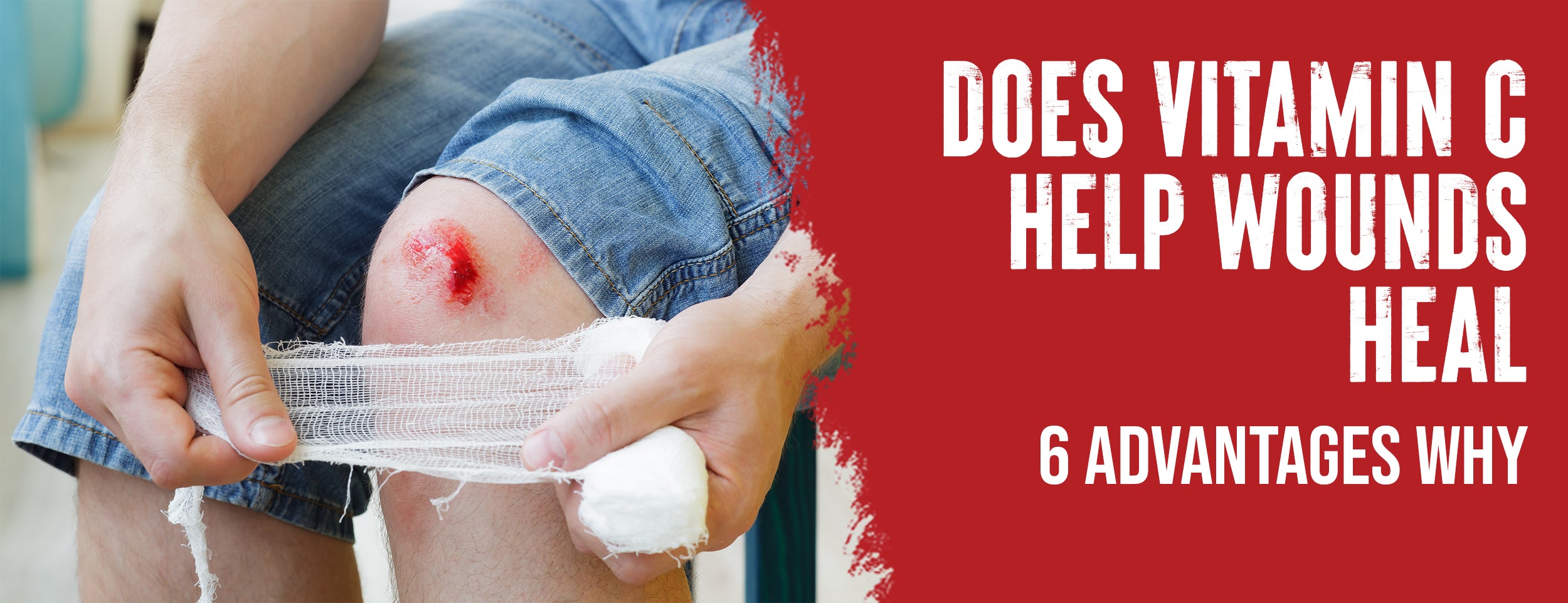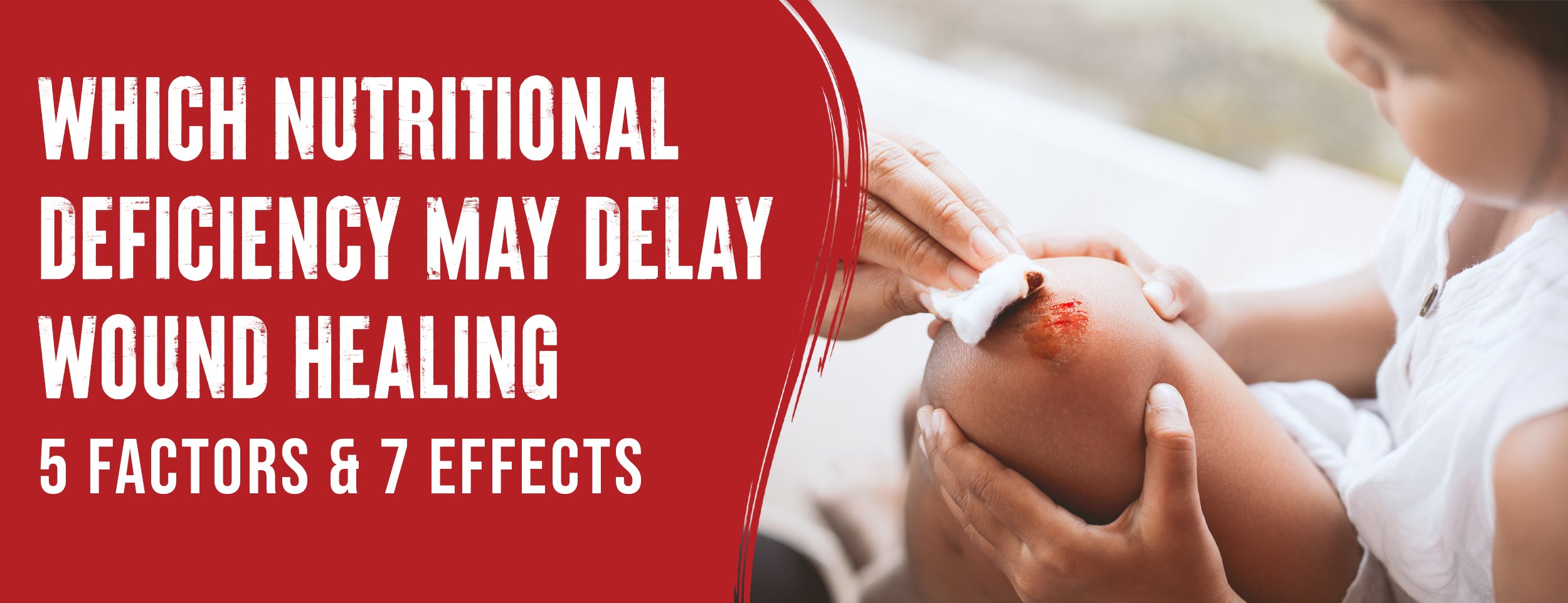The wrong ointment for wound healing can introduce harmful bacteria, causing burning, stinging, redness, irritation, and swelling. These side effects can slow down the healing process and damage the healthy tissue surrounding the wound. Therefore, choosing the ointment for wound healing is essential to avoid any complications.
For wound healing, it's best to use antibacterial ointments like Bacitracin, Polymyxin B, and Neomycin or Bacitracin. These ointments can prevent infections and speed up healing. The ointment should be applied thinly to the wound and covered with a bandage to keep it moist.
This blog post will discuss the best ointments for wound healing and the benefits of the best Wound Healing Ointment.
What Ointment Is Best For Wound Healing: 14 Types

Wounds can be painful and take a long time to heal. Hence, an ointment that promotes faster healing and provides infection protection is essential. Listed below are some top Over-the-Counter and natural wound healing creams.
Wound Healing Natural Ointments

Natural ointments, often containing absorption bases like lanolin or beeswax, offer a gentler alternative. Though effective in promoting healing, these bases can be greasy and not easily removed with water.
Calendula, the Healing Marvel From Nature
Calendula, a gentle yet potent natural remedy, has been revered for its wound-healing properties across generations. Bright and vibrant, it soothes skin irritations and reduce inflammation, making it a go-to option for promoting healing in cuts and scrapes.
Wound Sealants
Wound sealants, such as liquid bandages, may use water-removable bases. These emulsions, containing petrolatum or lanolin, provide a protective coating that can be easily washed from the skin with water, offering convenience for hard-to-bandage areas.
Tea Tree Ointment
Tea tree ointment is a natural remedy for skin repair and first aid for burns and wounds. Tea tree oil's natural antibacterial properties are known for its potency in killing bacteria.

Aloe Vera Ointment
Aloe Vera ointment is a natural remedy that is well known for its healing properties. It promotes cellular regeneration and contains anti-inflammatory properties that are beneficial for treating wounds, burns, and other skin conditions.
Honey Nature's Golden Elixir for Wounds
Honey, with its sweet and sticky allure, is a natural antibacterial agent that can combat infections and foster wound healing. Its unique composition creates a protective shield over wounds, aiding the body's natural healing mechanisms.
Coconut Oil Embracing Skin Health and Healing
Coconut oil emerges as a versatile healer, offering moisturizing qualities that support skin repair and wound recovery. Beyond hydration, its antimicrobial attributes present a shield against infections, contributing to a clean and conducive environment for healing.
Lavender Oil for Wound Wellness
Lavender oil, known for its calming aroma, showcases antimicrobial and anti-inflammatory prowess that can accelerate wound healing while providing a soothing effect. Integrating lavender oil in wound care routines adds a holistic touch to the healing journey.
Over-the-Counter Ointments for Wound Healing
When it comes to tending to wounds, over-the-counter ointments play a crucial role in promoting healing and preventing infections. These readily available remedies offer convenience and effectiveness in addressing minor cuts, scrapes, and burns. Here are some common over-the-counter ointments that can aid in wound healing:

Lanolin-Based Ointments
Lanolin-based ointments are beneficial for wound healing because of their moisturizing properties. They help to soothe and nourish the skin while creating a protective barrier over the wound.
These ointments are ideal for sensitive skin and are commonly used for treating diaper rash, cracked heels, and dry skin.
Hydrophilic Ointments
Hydrophilic ointments are water-based ointments designed to hydrate and moisturize the skin. They work by absorbing the moisture in the wound area, promoting healing. These ointments are suitable for treating dry, scaly skin, eczema, and psoriasis.
Water-Soluble Ointments
Water-soluble ointments are ideal for treating wounds that require frequent dressing changes. They dissolve quickly in water and do not leave a residue on the skin. These types of ointments are commonly used for treating burns and minor abrasions.
Antibacterial Ointment
Antibacterial ointments are readily available over-the-counter and widely used to prevent bacterial infections in wounds.
These ointments contain active ingredients that effectively kill harmful bacteria on the damage. Besides, they help speed the healing process by creating the perfect environment for the skin cells to regrow.
Herbal Healing Ointment
Herbal healing ointments are ideal for natural healing and promoting skin repair. They are rich in vitamins and minerals that nourish the skin and increase its elasticity, helping it heal faster. These ointments are excellent for skin repair, rash prevention, and first aid.

Petroleum-Based Ointments
Petroleum-based ointments, such as Vaseline, fall under the hydrocarbon base category. These bases are suitable for dry skin conditions as moisturizers and protective barriers. However, users should know they are not water-washable and may stain clothing.
Antibiotic Ointments
Antibiotic ointments like Neosporin often use hydrocarbon bases. These oily or greasy bases, including liquid petrolatum, protect against infection while moisturizing the skin. Keep in mind their non-water washable nature and potential for staining clothing.
Role of Numbing Agents in Wound Care
While the primary goal in wound healing is to promote tissue repair and prevent infection, managing pain is also a crucial aspect of patient care. Topical numbing agents, such as Dr. Numb, contain active ingredients like lidocaine, temporarily blocking nerve signals in the skin and relieving pain associated with wound treatment.
Incorporating Dr. Numb in Wound Care:
- Pre-Procedure: Applying Dr. Numb before cleaning or dressing changes can make the process more comfortable for the patient.
- During Recovery: While not a healing agent, maintaining patient comfort with products like Dr. Numb can reduce stress and allow for better rest, indirectly supporting the healing process.
7 Advantages of Best Wound Healing Ointment

Wound healing is a crucial process that involves repairing damaged tissues and restoring the skin's integrity. While our body is naturally equipped to heal wounds, a suitable ointment can quicken the process and promote better outcomes. Here are some advantages of using the best wound-healing ointment:
- Prevents Infections: The first benefit of wound healing ointments is preventing infections. Wounds are susceptible to infection, which can cause delays in the healing process and other complications. Fortunately, most creams contain antibacterial properties that can combat disease and reduce the risk of further complications.
- Speeds Up Healing: Another advantage to using wound healing creams is that it can speed up healing. Certain ointments contain ingredients that promote the formation of new cells and repair damaged tissues. As a result, wounds treated with these ointments heal more quickly than those that are left untreated.
- Promotes Cellular Regeneration: Ointments containing aloe vera can promote cellular regeneration and healing. Aloe vera contains polysaccharides that stimulate the growth of new skin cells and improve collagen formation, enhancing the appearance of scars.
- Provides Moisture: Ointments provide moisture that can benefit the proliferative phase of wound healing. This phase involves the gradual closing of wounds and the formation of crusts. Water can reduce the crust cracking or bleeding risk, resulting in better healing outcomes.
- Forms a Protective Barrier: Ointments form a protective barrier on the wound, which can aid in the absence of a waterproof bandage. The wall shields the wound from external contaminants and prevents further damage to the skin.
- Reduces Scarring: Certain ointments can help reduce the appearance of scars by promoting healing and healthy skin regrowth. This can benefit wounds in visible areas such as the face or arms.
- Promotes Autolytic Debridement: Ointments containing enzymes can help the body break down dead tissue in autolytic debridement. This process supports healthy tissue growth and reduces the risk of further infection or complications.

Conclusion
Wound healing is not just about treating the wound but also taking steps to ensure it heals properly. Choosing the proper ointment for wound healing is as crucial as taking preventive measures to avoid injury.
Whether an accidental cut or a minor burn, the suitable cream can help ease discomfort and assist with a speedy recovery. Petroleum jelly is just two of the many effective options available in the market, but it has shown effectiveness in wound healing.
Remember, it’s always better to be safe than sorry, so have a trusted wound-healing ointment in your medicine cabinet.

![11 Types & 7 Benefits of Wound Ointments [Most Effective]](http://drnumb.com/cdn/shop/articles/What_Ointment_Is_Best_For_Wound_Healing__14_Types_7_Benefits.jpg?v=1716200317&width=1100)












